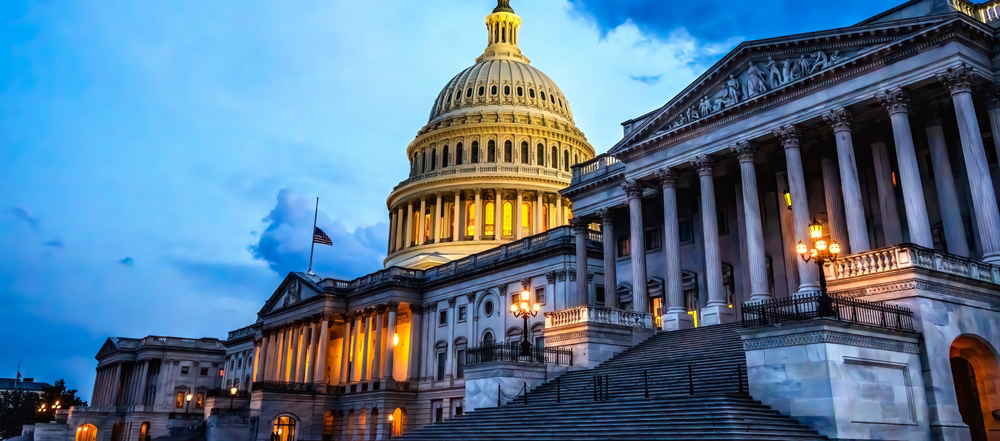
Yes, Washington, D.C.’s Building Energy Performance Standards (BEPS) Can Impact Churches—Here’s What You Need to Know!
The BEPS program sets energy performance standards for buildings in D.C., and that includes houses of worship. Here’s a quick rundown of what it means for your church:
Size Matters
BEPS applies to private buildings and D.C. government properties over 10,000 square feet. Many churches fall into this category, which means they’re subject to these energy standards.
Benchmarking & Compliance
If your church falls under BEPS, you’ll need to track energy performance with the ENERGY STAR Portfolio Manager and hit certain targets. If your church’s performance isn’t quite up to standard, there’s time to improve within a specific compliance cycle.
Multiple Compliance Paths
Don’t worry if you’re not hitting the mark right away—there are several paths to compliance. You could focus on performance improvements, follow a prescriptive path with specific energy-saving actions, or create a custom plan that fits your church’s needs.
Mind the Budget
Meeting these standards can be an investment, but D.C.’s Department of Energy & Environment (DOEE) offers incentives like rebates and technical assistance to help lighten the load.
Upgrades and Operations
To meet the standards, your church might need to upgrade things like lighting, heating, cooling systems, or improve insulation. It’s all about making smart changes that can impact your budget and require some thoughtful planning.
As always, the Trimark Team is here to guide you through these requirements—from planning and budgeting to helping you choose the best options for your congregation, clergy, and staff.
Got questions or need some help? Give us a call at 703-891-4600 or contact us here. Churches and faith organizations qualify for a no-cost initial visit, and we’d be happy to lend a hand!

